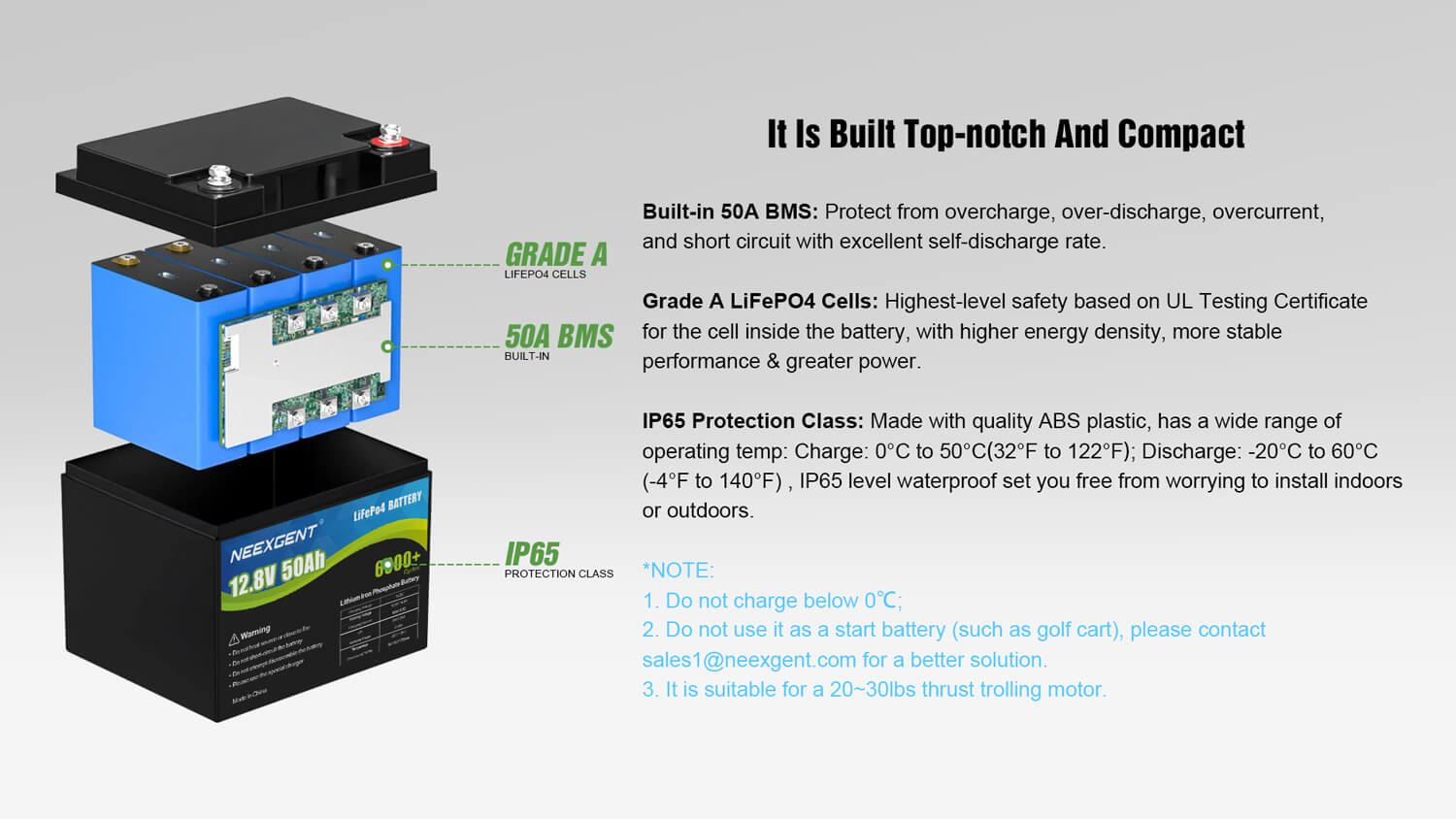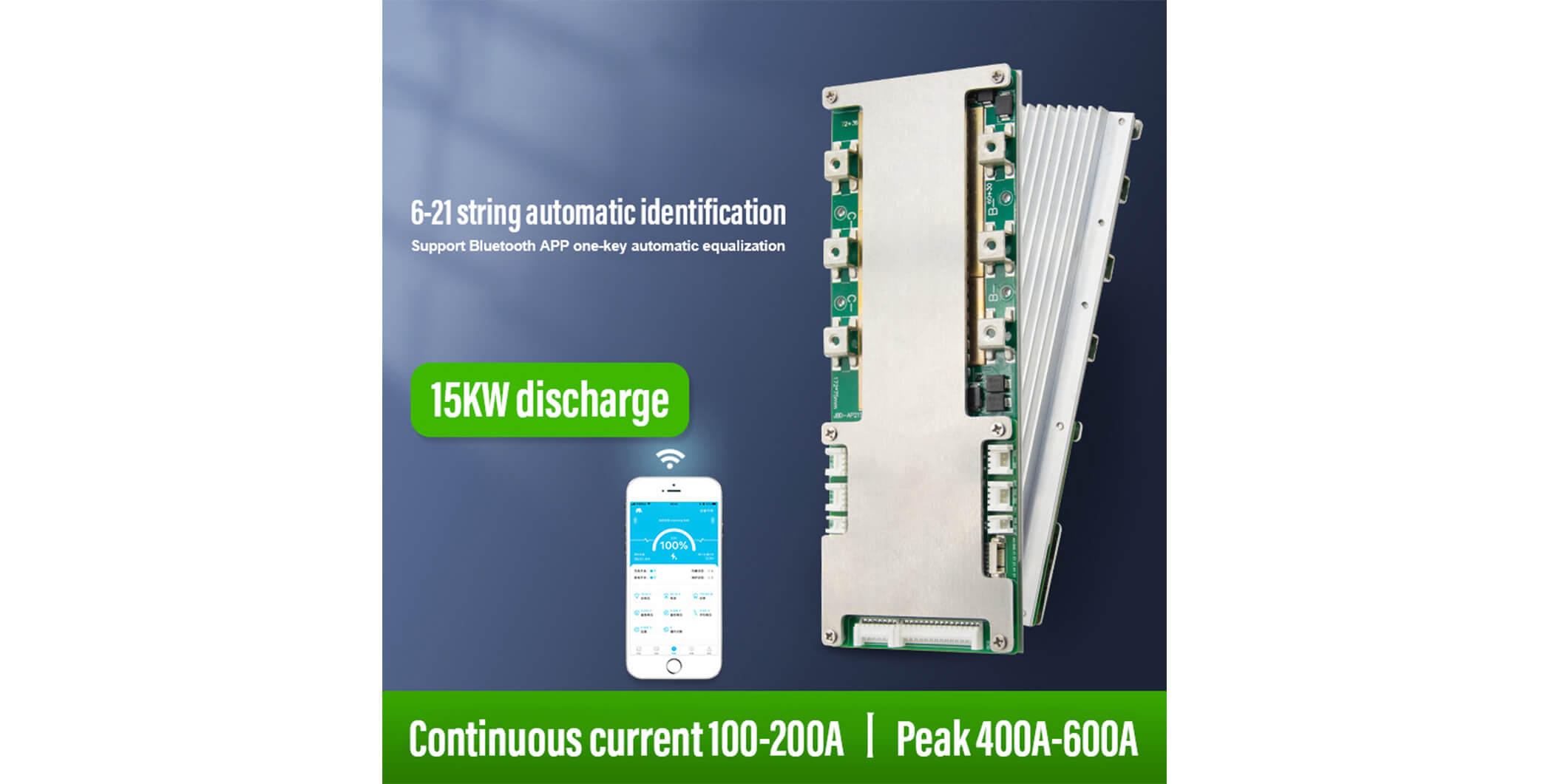
Lifepo4 Battery Pack
As the use of lithium iron phosphate (LiFePO4) batteries becomes more popular, it is important to understand the importance of implementing a battery management system (BMS) in these battery packs. A BMS is a crucial component in ensuring the safety, longevity, and optimal performance of a LiFePO4 battery pack. In this article, we will discuss the reasons why adding a BMS to a LiFePO4 battery pack is essential.
Primary functions of a BMS is to protect the battery from overcharging. Overcharging can cause irreversible damage to the battery cells and reduce their lifespan. A BMS continuously monitors the voltage and current of each individual cell within the battery pack, ensuring that none of the cells exceed their maximum voltage limits. If the BMS detects an overcharge, it will automatically disconnect the charging source, preventing further damage to the battery cells.
.jpg)
- Over-Discharging Protection
In addition to overcharging, a BMS also protects the battery pack from over-discharging. Over-discharging can lead to a reduced capacity and lifespan of the battery. A BMS monitors the voltage of each individual cell within the battery pack and disconnects the load when the voltage drops below a certain threshold. This prevents the battery from being discharged to a level that could damage the cells.
LiFePO4 batteries are made up of multiple cells connected in series. Over time, the cells can become imbalanced due to differences in their capacity or age. This can lead to some cells being overcharged or over-discharged, while others are not fully utilized. A BMS ensures that the cells are balanced by monitoring the voltage of each individual cell and redistributing the charge accordingly. This helps to maximize the capacity and lifespan of the battery pack.

Smart BMS
LiFePO4 batteries can be sensitive to temperature changes. If the battery is exposed to extreme temperatures, it can cause irreversible damage to the cells. A BMS monitors the temperature of each individual cell within the battery pack and takes appropriate action to prevent damage. For example, if the temperature of the cells exceeds a certain threshold, the BMS may disconnect the load or reduce the charging current to prevent overheating.
Implementing a BMS in a LiFePO4 battery pack is essential for safety. The BMS provides protection against overcharging, over-discharging, and temperature changes, which can all lead to potential safety hazards. By monitoring and controlling the battery’s performance, the BMS reduces the risk of fire, explosion, or other dangerous situations.
BMS is an essential component in ensuring the safety, longevity, and optimal performance of a LiFePO4 battery pack. It protects the battery from overcharging, over-discharging, and temperature changes, while also balancing the cells to maximize the capacity and lifespan of the battery. By implementing a BMS, you can have peace of mind knowing that your LiFePO4 battery pack is being monitored and controlled to ensure its safety and optimal performance.







.jpg)
